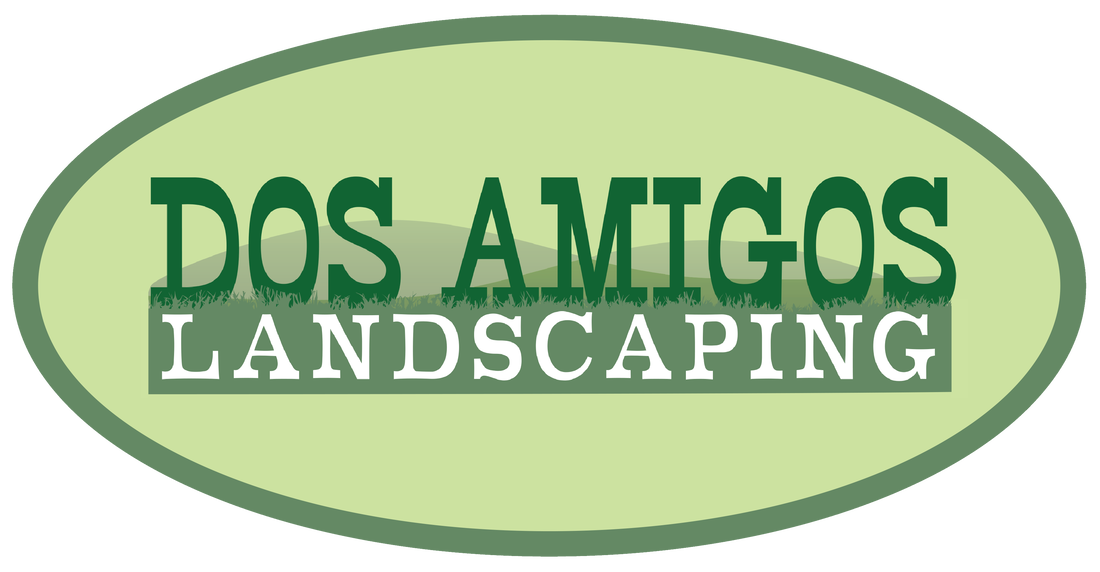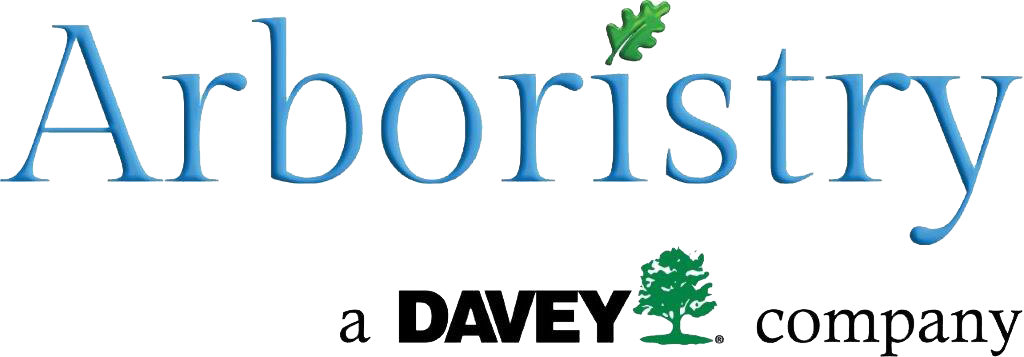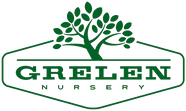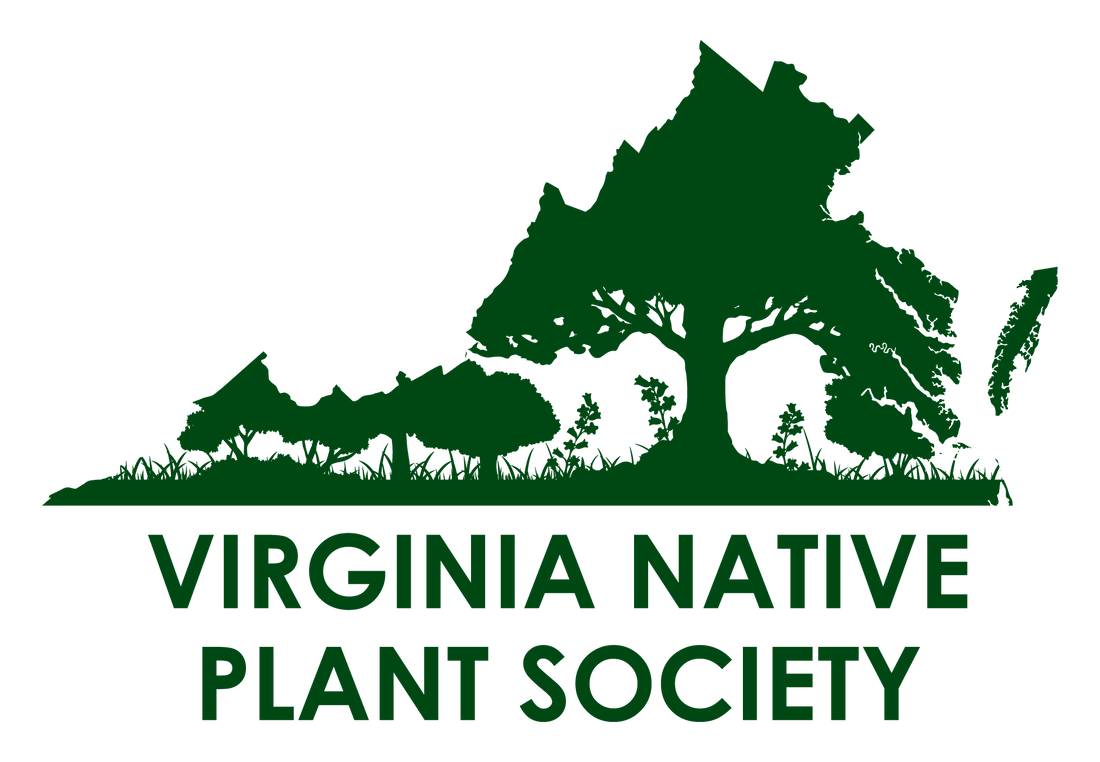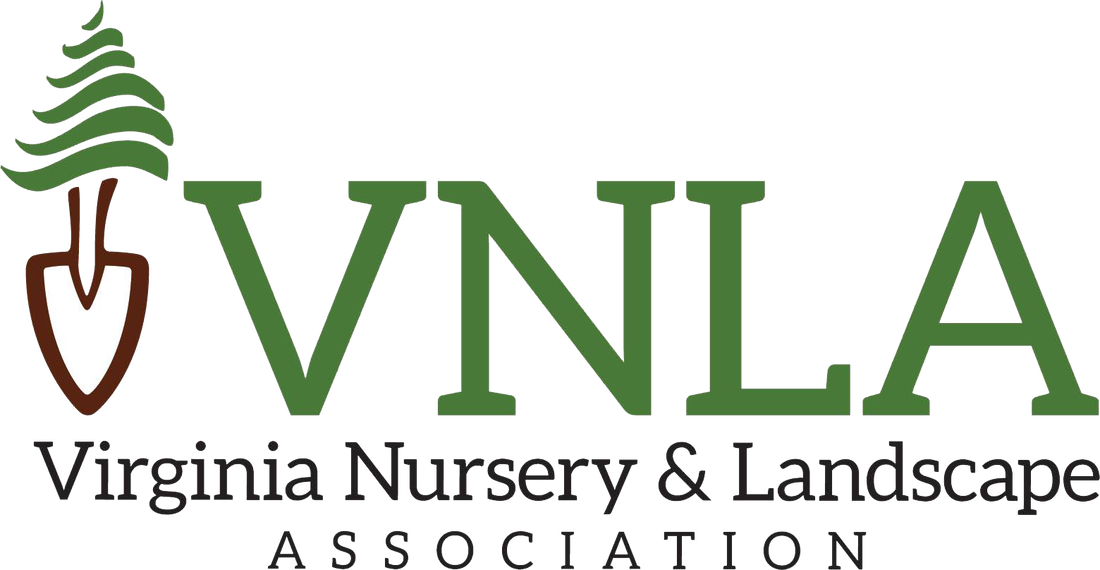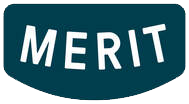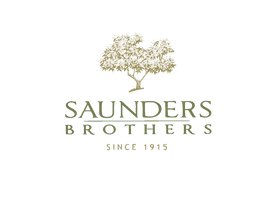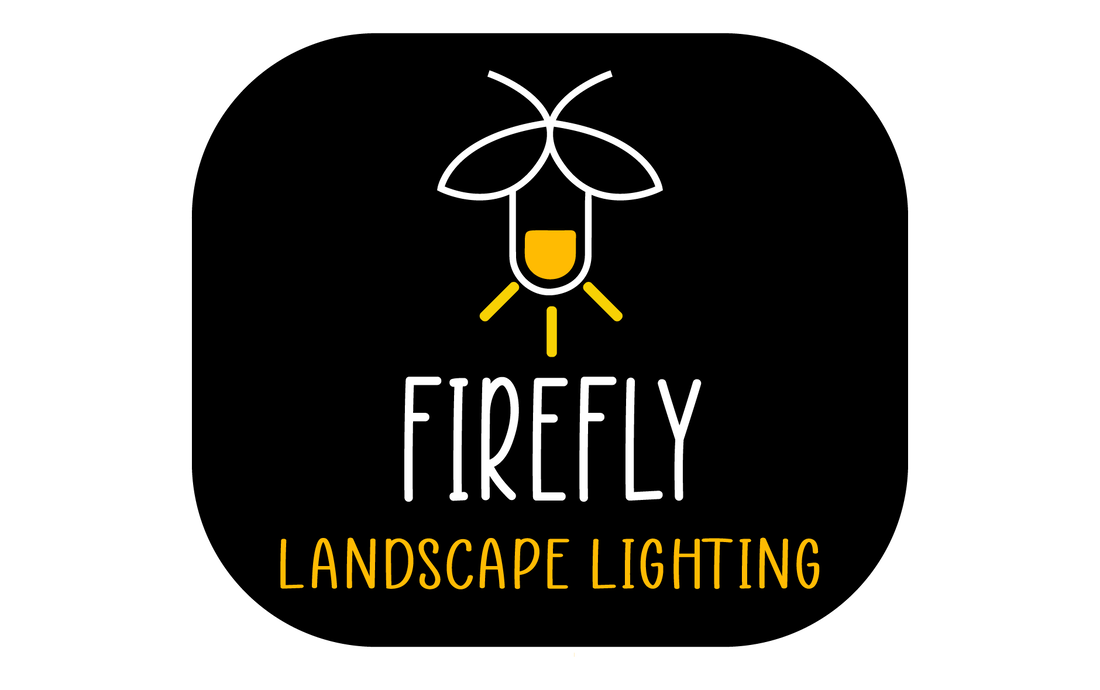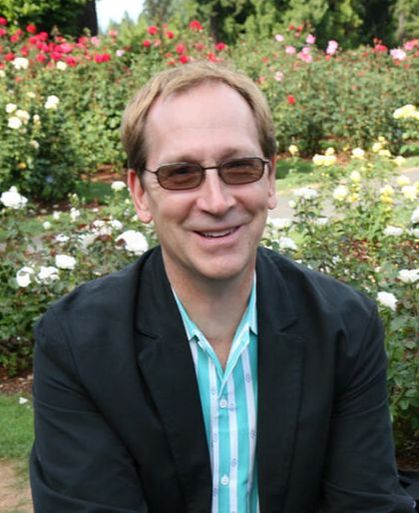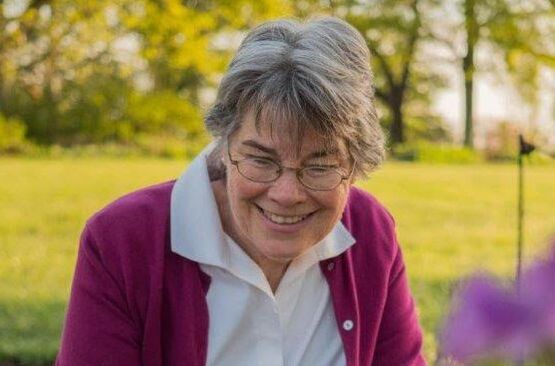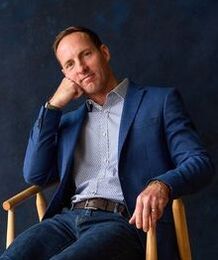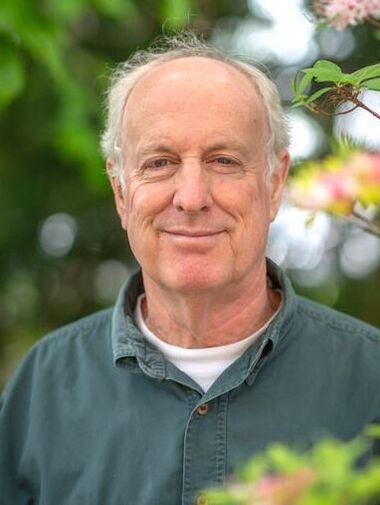photo credit: Bill Mauzy
Every February the Piedmont Landscape Association hosts an annual seminar. This event strives to bring gardening enthusiasts and landscape professionals together in an educational setting.
LocationThe Paramount Theater
Charlottesville, Virginia RegistrationDue to the high volume of participants and the limited volunteer capacity of our organization, everyone will be directed to register through the Paramount Theater.
Registration may be taken over the phone at 434-979-1333 or online at www.theparamount.net. We will be using Merit at this year's seminar to streamline course check-ins and issue continuing education units. You will receive information on how to set up your Merit account and use the application once you register for the seminar.
For more information on Merit you can visit merits.com Items to Note
Want to Help Sponsor?To learn more and complete our commitment form, click here.
The deadline to be included in our the marketing material is December 16, 2023. |
Agenda-For Speaker Bios and Topic Descriptions see below.
Rates
Consider becoming a Member Today! Click here for more information!
Platinum sponsorsGold sponsorsSilver sponsors |
Speakers
Colston (Cole) Burrell
|
C. Colston Burrell is an acclaimed lecturer, garden designer and photographer. The author of 12 gardening books, Cole has twice won the American Horticulture Society Book Award.
Cole is an avid and lifelong plantsman, gardener and naturalist. He is a popular lecturer internationally on topics of design, plants and ecology, sharing his knowledge and enthusiasm with professional and amateur audiences for 50 years. He escorts garden and natural history tours throughout the United States and abroad through Garden and Nature Tours with C. Colston Burrell. He is principal of Native Landscape Design and Restoration, which specializes in blending nature and culture through artistic design. In 2008 Cole received the Award of Distinction from the Association of Professional Landscape Designers for his work promoting sustainable gardening practices. His work is part of the Smithsonian Archive of American Gardens. He gardens on 10 wild acres in the Blue Ridge Mountains of Virginia. |
Lecture:
Native Plants in the Resilient Garden: Ecology, Biodiversity and Horticulture Do cultivars of native plants, often call “Nativars” have a negative impact on the biodiversity? Is it imperative that the native plants we add to our gardens be seed grown from local seed sources? The current mania for pollinator gardens and native plants has created a culture were only local genotypes of regionally native plants are deemed acceptable for our gardens. Many gardeners, however, face challenges such as determining what is native and how to design their plantings in the face of the limited availability of the native plants promoted for our gardens. This lecture explores the differences in the origins and naming of different cultivars, as well as the benefits and potential pitfalls of using named selections of native plants to create resilient gardens. |
Peggy Cornett
|
Peggy Cornett, curator of plants, has worked at Monticello for over 38 years. She double majored in English and Botany at the University of North Carolina-Chapel Hill and earned a master’s degree from the University of Delaware’s Longwood Graduate Program. Cornett uses her knowledge of garden and landscape history and historic plants to write and edit articles for gardening magazines and professional journals, blogs, and web posts for garden interpreters and the public. She coordinates Monticello’s public garden education programs including the annual “Historic Landscape Institute” in conjunction with the University of Virginia, and she serves on the planning and programming committee for Monticello’s major annual event, the Heritage Harvest Festival.
Peggy serves on Albemarle County’s Natural Heritage Committee and on the garden advisory panel for Thomas Jefferson’s Poplar Forest. In 2008, she received the Southern Garden History Society's “Flora Ann Bynum Medal” for exemplary service in the garden history field. In 2016 she received the Garden Club of America's Zone VII Horticultural Commendation. |
Lecture:
Nature's Rich Mantle: A Vision of Elysium from Tufton Farm and Monticello to my own Backyard Peggy will cover a broad range of themes regarding historic gardening and plant preservation, natural history, and landscape and garden restoration. While the focus will be mostly on native plants, it will also include important edibles and ornamentals in the collection of plants at Monticello while discussing important early American gardeners and plantspeople beyond Thomas Jefferson. Peggy's recollections as a historic gardener will be interwoven with her experiences tending a small, city garden in Charlottesville. |
Thomas Rainer
|
Thomas Rainer is a registered landscape architect, teacher, and author living in Arlington, Virginia. Thomas, a leading voice in ecological landscape design, has designed landscapes for the U.S. Capitol grounds, the Martin Luther King, Jr. Memorial, and The New York Botanical Garden, as well as over 100 gardens from Maine to Florida. He is a celebrated public speaker who has garnered acclaim for his passionate presentations to audiences across the U.S. and in Europe. Thomas serves as a Principal for the landscape architectural and consulting firm Phyto Studio in Washington, D.C.
Thomas received his Masters Degree from the University of Georgia. Thomas has worked for the firms Oehme, van Sweden and Associates, and was most recently a Principal at the landscape architectural and planning firm, Rhodeside & Harwell. He has a broad range of experience in project types ranging from intimate residential gardens to expansive estates, rooftop gardens, botanical gardens, large-scale green infrastructure design & implementation, and national memorials. For more information, visit: www.phytostudios.com |
Lecture:
Planting in a Post-Wild World: Designing Plant Communities for Resilient Landscapes In an era of climate change and species extinction, designed plantings offer a unique potential to address today’s environmental challenges. Yet traditional horticultural approaches are often carbon intensive, resource-dependent, and high maintenance. This talk presents a powerful alternative to traditional horticulture—designed plantings that function like naturally-occurring plant communities. Join landscape architect Thomas Rainer, a leading voice in ecological landscape design, to learn how to translate wild inspirations into designed systems, and how to layer plants in biodiverse assemblages. Thomas will share recent examples of Phyto Studio’s design projects for public sites and botanical gardens. |
Doug Tallamy
|
Doug Tallamy is a professor in the Department of Entomology and Wildlife Ecology at the University of Delaware, where he has authored 111 research publications and has taught insect-related courses for 41 years.
Chief among his research goals is to better understand the many ways insects interact with plants and how such interactions determine the diversity of animal communities. His book Bringing Nature Home, published by Timber Press in 2007, was awarded the 2008 Silver Medal by the Garden Writers’ Association. Among his awards are the Garden Club of America Margaret Douglas Medal for Conservation and the Tom Dodd, Jr. Award of Excellence, the 2018 AHS B. Y. Morrison Communication Award, and the 2019 Cynthia Westcott Scientific Writing Award. |
Lecture:
Homegrown National Parks Our parks, preserves, and remaining wildlands – no matter how grand in scale – are too small and separated from one another to sustain the native trees, plants, insects and animals on which our ecosystems depend. We can fix this problem by practicing conservation outside of wildlands, where we live, work, shop, and farm. Thus, the concept for Homegrown National park: a national challenge to create diverse ecosystems in our yards, communities, and surrounding lands by reducing lawn, planting native, and removing invasives. The goal of HNP is to create a national movement to restore 20 million acres with natives, an area representing ½ of what is now in lawn. We are at a critical point where we are losing so many native plant and animal species that our natural life support is in jeopardy. However, if many people make small changes, we can restore healthy ecological networks and weather the changes ahead. |

